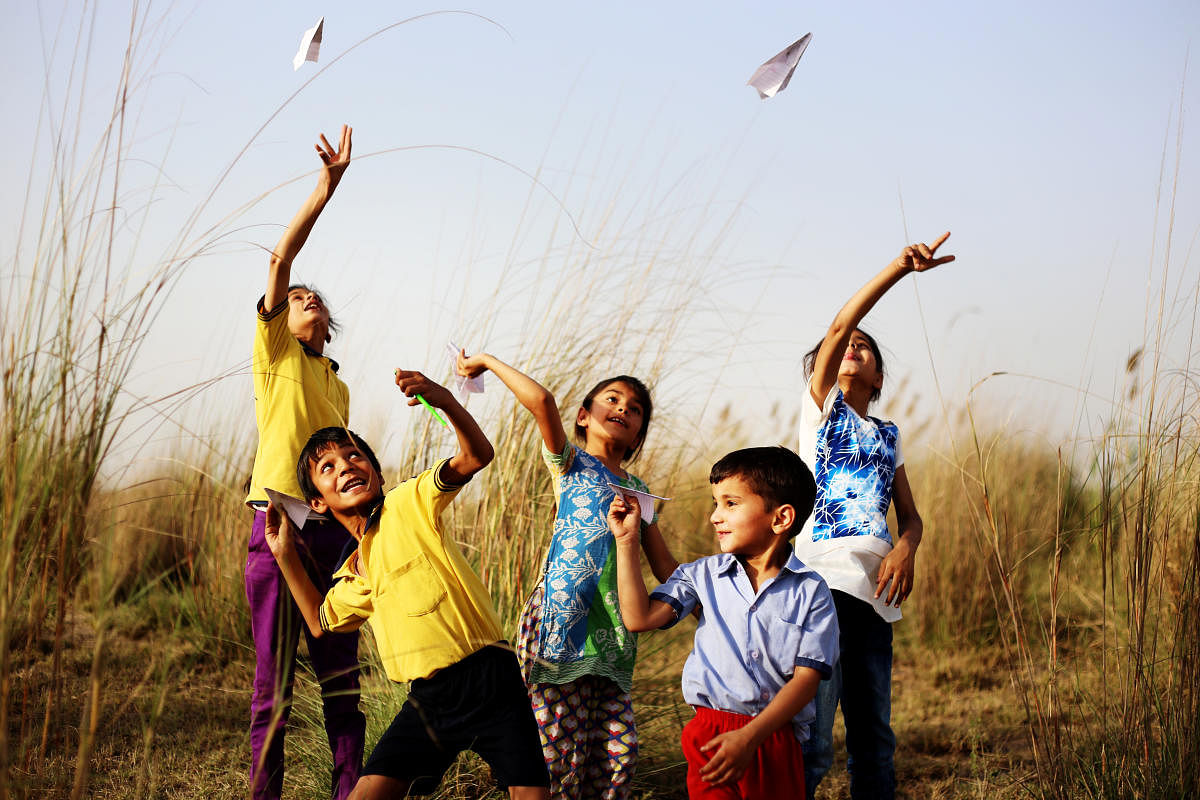
Pratham’s Annual Status of Education Reports (ASER) have over the years given much information about and many insights into the working of schools, learning levels of students and the issues and problems of schooling in the country, along with the progress made in some respects in this area. Many reports in the past have revealed the learning deficiencies of children at various stages of schooling. Other inadequacies and requirements have also been highlighted. These have led to policy interventions and remedial actions. The latest report, ASER 2019, is also an important document which focuses on pre-school and lower primary classes for children in the age group of 4-8 years. This is a crucial age of development for children, and many strengths and weaknesses of schooling in the later years can be traced to this period.
One significant finding of the report is that a large number of children are not school-ready when they are in early school. Many of them lack age-appropriate cognitive, language and numeracy abilities and social and emotional development. One reason is that many children are sent to school too early. Though the standard age for admission to Class I is six, younger children are often put in that class. They find it difficult to cope with the tasks designed for older children. The study found that 20% of the children in Standard I are less than six and 36% older than six. The older children do better on all tasks, and this puts the younger ones at a disadvantage and creates feelings of inadequacy and inferiority among them. This is especially true of children from poor backgrounds and is one of the reasons for high dropout rates. Though enrolment levels at the lowest level have vastly improved, many children drop out later partly because the initial gap in learning skills between the older and younger children keeps growing.
The main reason for the age disparity is that the Anganwadi system is not strong. There is a need for more Anganwadis, especially in rural areas, and their standards need to be improved. Anganwadi workers are not paid and trained well, and most are not equipped to impart the right skills to children. The report says that children’s cognitive skills should be developed through play-based activities, and the emphasis should be on “developing problem-solving faculties and building memory, not content knowledge.” The report’s conclusion that “there is a need to expand and upgrade Anganwadis to ensure that children get adequate and correct educational inputs of the kind that are not modelled after the formal school,” calls for urgent attention and action.